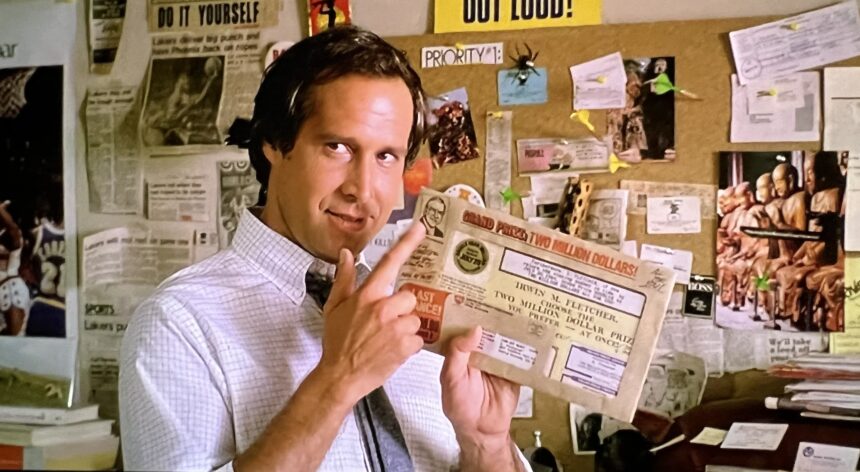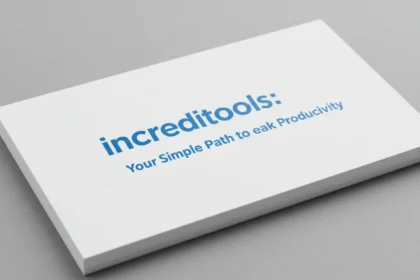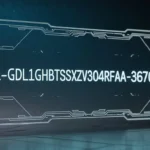For years, millions of Americans thought Ed McMahon might knock on their door with a giant check from American Family Publishers (AFP). People remember smiling TV commercials, bright balloons, and the promise of becoming a millionaire overnight. But the real story behind Ed McMahon, American Family Publishers, and the legendary sweepstakes is a little different than what many believe today. Let’s go back in time and explore what actually happened — and why the myth still makes people smile.
Who Were American Family Publishers and Ed McMahon?
American Family Publishers was a big sweepstakes company in the United States during the 1980s and 1990s. They mailed millions of envelopes to households across the country, offering a chance to win huge prizes, sometimes even a million dollars or more. Inside these mailings, people often found glossy brochures selling magazine subscriptions. The idea was simple: you could buy magazines if you wanted, but even if you didn’t, you could still enter the sweepstakes for free.
Ed McMahon, on the other hand, was already a famous TV personality. Most people knew him as Johnny Carson’s sidekick on The Tonight Show, where he served as announcer for decades. Ed had a friendly face, a booming voice, and a trustworthy personality — the kind of person people believed when he told them something exciting. Because of this, American Family Publishers hired him to promote their sweepstakes, often alongside Dick Clark, another beloved TV host.
How the Sweepstakes Really Worked
The American Family Publishers sweepstakes wasn’t a scam — but it wasn’t quite as magical as people imagined either. Here’s how it worked:
- People received sweepstakes entry forms in the mail.
- They could enter for free without buying anything, though many bought magazine subscriptions.
- The company would draw winners randomly from all entries received.
Contrary to what many thought, Ed McMahon never personally delivered giant checks to winners’ homes. Winners usually got phone calls or letters first, and sometimes local events were staged for publicity. The commercials made the process seem like a surprise visit, but that was mostly part of the fun.
Why People Thought Ed McMahon Delivered Checks

The TV Commercials Everyone Remembered
American Family Publishers ran a lot of TV commercials during the 80s and 90s. In them, Ed McMahon and Dick Clark smiled, held big checks, and told viewers they could be next. These commercials often showed balloons, happy people at their doors, and scenes of prize winners celebrating. Even though the commercials didn’t always show Ed physically handing over the check at a doorstep, the imagery was so strong that people’s memories filled in the blanks.
Mixing Up AFP With Publishers Clearing House
Here’s where the big confusion comes in: Publishers Clearing House (PCH) was a different sweepstakes company that did send a Prize Patrol to knock on doors with giant checks. Their ads were on TV around the same time as AFP’s. Because both companies sold magazine subscriptions, used sweepstakes, and showed similar commercials, people started blending the two in their memories.
How the Rumor Spread for Years
Over time, people began saying things like, “Remember when Ed McMahon showed up with a check?” This was never true — but it spread through conversations, news stories, and even comedy sketches. The mix-up became so strong that decades later, many still swear they saw him delivering checks in person. This false memory is a perfect example of what psychologists call the Mandela Effect — when large groups of people remember something that didn’t actually happen.
Famous Ads That Made People Excited
The commercials featuring Ed McMahon and Dick Clark were upbeat, colorful, and full of promise. They’d show giant dollar amounts like $10 million or “$1,000 a week for life.” Kids and adults alike would daydream about how they’d spend the money — new houses, vacations, fancy cars.
One of AFP’s advertising strengths was how personal it felt. Even though millions got the same envelope, the mailers often had names printed in bold and official-looking seals. Combined with Ed’s familiar voice saying “You could be our next winner,” it was hard not to believe.
The Big Mix-Up With Publishers Clearing House
Even today, a lot of people think Ed McMahon worked for Publishers Clearing House — but he never did. PCH’s Prize Patrol was the one that traveled with flowers, balloons, and big checks to surprise winners on camera. AFP, in contrast, contacted winners differently and usually didn’t film home deliveries.
But because both companies ran nearly identical promotions at the same time, people’s memories fused them together. The media didn’t always help — sometimes even journalists made the same mistake in articles and interviews.
What Happened to American Family Publishers?
By the late 1990s, the magic of sweepstakes began to fade.

The Decline of Sweepstakes Popularity
People’s excitement for sweepstakes slowed as more advertising moved online. Younger generations were less interested in buying magazines, and many households were skeptical of “too good to be true” offers in the mail. The rise of the internet also gave consumers new ways to check if contests were real.
Legal Troubles and Changes in Rules
AFP faced lawsuits and government action over how their sweepstakes were advertised. Critics said the mailings made it seem like buying magazines increased the chance of winning, even though legally it didn’t. Rules were tightened, and sweepstakes companies had to make their “No purchase necessary” messages much clearer.
Ed McMahon’s Career Beyond AFP
After AFP, Ed McMahon continued working in television and commercials. He hosted shows, appeared in guest roles, and even poked fun at the sweepstakes rumors in late-night comedy skits. Despite the mix-up, he stayed a beloved figure in American pop culture until his passing in 2009.
Why This Story Still Makes People Smile
Even though the details were fuzzy, the idea of Ed McMahon showing up with a check remains a fun piece of nostalgia. For many, it brings back memories of childhood excitement, watching commercials with family, and dreaming of a life-changing win. It’s a reminder of a time when a single envelope in the mailbox could spark weeks of daydreams.
The Bottom Line
The real story is simple: Ed McMahon worked for American Family Publishers, not Publishers Clearing House, and he never personally knocked on doors with giant checks. The mix-up happened because of similar sweepstakes ads on TV in the same era, and the memory stuck. But whether fact or fiction, the image of Ed McMahon handing you a million-dollar prize will always be part of American pop culture history.







